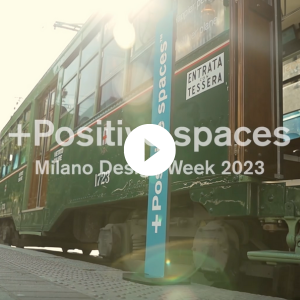
I always feel deep admiration for those Anglo-Saxon studies that succeed in “quantizing” even values apparently immaterial and not measurable with great professional competence.
For example,“the field” research carried out by Marlon Nieuwenhuis of Cardiff University in three different workplaces shows that green in the office increases productivity by 15%, as common sense and instinct have always suggested – is there anyone who has never put a plant on their desk? – and now it has been scientifically proved.
Productivity is often the focus of this kind of studies and the theme of many articles.
We are fascinated by the Myth of Productivity, we all feel hyper-productive, but are we fully conscious of what productivity really is?
Are we sure we don’t confuse it with multitasking, with that anxious bustling about, the uncontrolled overlapping of more tasks, the “obligation” to devote more and more time to work in the vain attempt to progress in the “things to do” list, inevitably growing every day longer?
Let’s face it, there is a good dose of smugness in our complaining all the time about too much work, about having to rush things and not achieving enough to schedule!
This unanimous attitude suggests a few remarks.
The first one, well-known, is that to work a lot doesn’t mean to be productive. On this point, the “Why Germans work fewer hours but produce more” article is quite interesting.
The second one concerns the fact that techniques and method are requested to learn how to be productive. Feeling up to Superman or Superwoman, rushing or bustling about 12 hours a day, is not enough.
A few useful tips ca be found in “14 things productive people do in the first 15 minutes of the workday” an interesting article listing the first things productive people do in the morning. An example to follow.
However, the actual issue is something else: even supposing we really are productive productivity is time-saving and time is the greatest value in our society, not only because time is money but most of all because it is limited!
But how do we use this “value”?
How do we spend time gained thanks to our techniques and rites devoted to the Productivity Goddess?
If, catched in this frenzy, we devote more and more time to work to be always productive, there is something perverted…
And the general feeling perceived by someone who thinks to be productive is not synonymous with a better standard quality of life!
Why waste the time/value “gained” thanks to our skill?
Let’s try to “quantize” the time we could save and “investi it” in our wellbeing, so that productivity can really create quality.
Some might spend their time reading a book, or with their family; some can devote it to themselves and some to acts of solidarity.
There is not one formula, for our wellbeing and happiness it’s important to know where the time saved with productivity ends up.
Text by Renata Sias, editor WOW! Webmagazine.
















